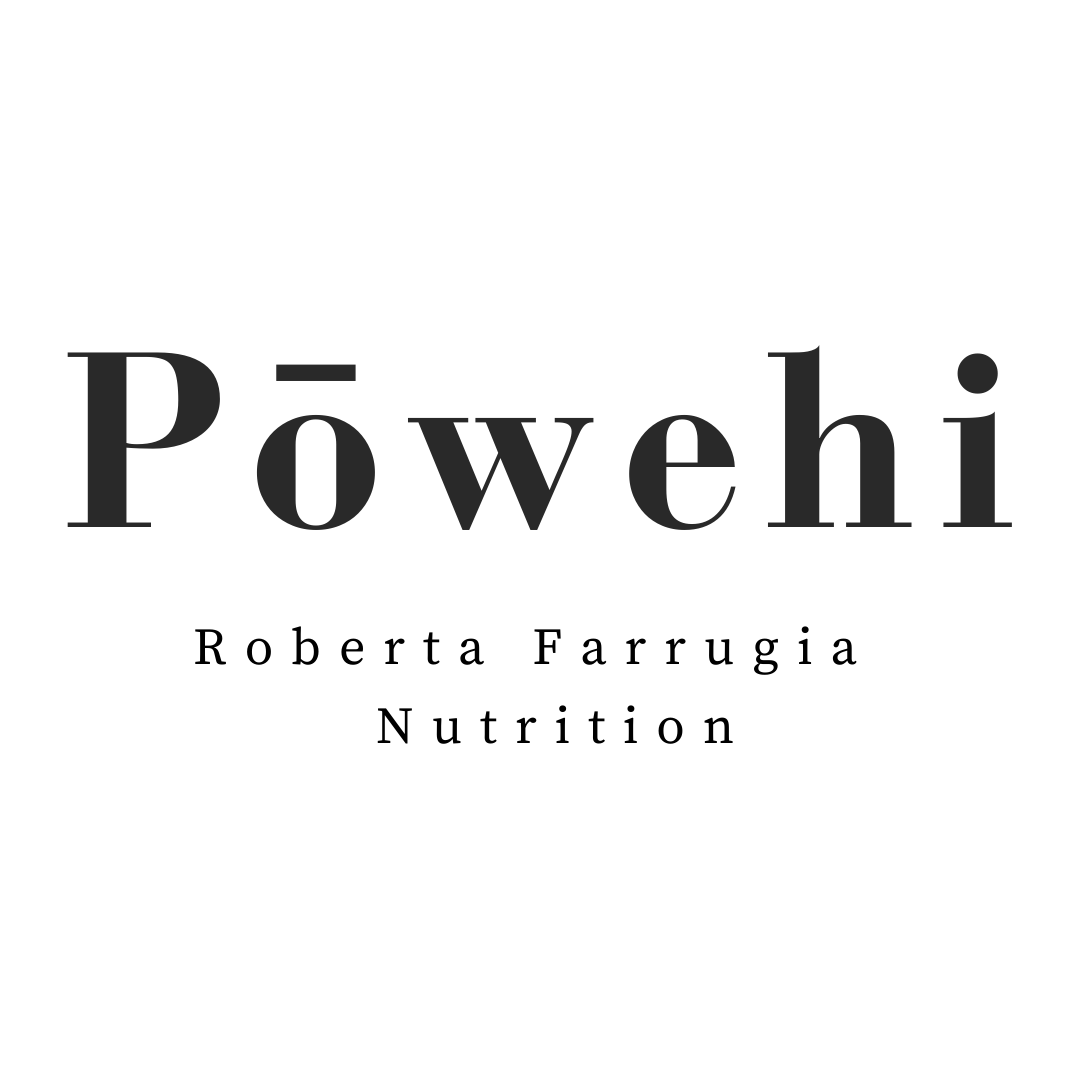Kidney disease, a condition affecting millions worldwide, can significantly alter the body’s ability to maintain homeostasis, impacting the delicate balance of hormones. When dealing with chronic kidney disease (CKD) or any form of renal dysfunction, it becomes crucial to support not just kidney function but also the adrenal glands, liver, and thyroid, organs integral to overall metabolic health.
This blog post delves into the importance of nourishing the adrenal glands, liver, and thyroid in individuals suffering from kidney disease, with a specific focus on how a diet low in sodium and protein can be beneficial in supporting these critical organs while managing hormone balance and maintaining a healthy weight.
How the Adrenals, Liver, and Thyroid Are Connected in Kidney Disease?
The adrenal glands, liver, and thyroid play pivotal roles in regulating metabolism, detoxification, and stress responses, all of which are crucial for individuals managing kidney disease. However, when kidney function is compromised, these organs can become overburdened, exacerbating symptoms and potentially accelerating the progression of kidney disease.
1. Adrenal Glands and Kidney Disease
The adrenal glands, located atop the kidneys, produce vital hormones such as cortisol, aldosterone, and adrenaline. These hormones regulate stress response, fluid balance, and blood pressure, all of which can be impacted in individuals with kidney disease. The kidneys are responsible for regulating fluid and electrolyte balance, and when kidney function declines, it often leads to a compensatory increase in adrenal activity. This increased workload can result in adrenal fatigue, a condition that may manifest as fatigue, weight fluctuations, and an impaired stress response.
The key to managing adrenal health in kidney disease is to ensure that the adrenal glands are not overstimulated, allowing them to function optimally. As research suggests, reducing sodium intake can help mitigate the excessive burden on the adrenal glands, particularly in individuals with CKD who are more prone to fluid retention and elevated blood pressure (Weiner, 2019).
2. The Role of the Liver in Detoxification and Hormone Regulation
The liver is another organ that requires careful attention in individuals with kidney disease. It is responsible for detoxifying the blood, synthesizing essential proteins, and metabolizing hormones. When kidney function declines, the liver is forced to compensate, increasing its workload. This heightened demand can interfere with its ability to process hormones, leading to imbalances that affect both the thyroid and adrenal glands.
Moreover, the liver plays a significant role in the metabolism of thyroid hormones. A sluggish liver due to overburdening can reduce the conversion of thyroxine (T4) to the more active triiodothyronine (T3), leading to symptoms of hypothyroidism such as fatigue, weight gain, and impaired metabolism (Jiang et al., 2018). Thus, supporting liver function through a nutrient-dense diet is crucial for maintaining hormonal balance.
3. Thyroid Health and Kidney Disease
The thyroid gland regulates metabolism and plays a crucial role in weight management. Hypothyroidism is commonly seen in individuals with kidney disease, often as a result of the body’s altered ability to convert thyroid hormones due to kidney dysfunction (Frolich et al., 2016). Thyroid imbalances can exacerbate symptoms of kidney disease, leading to increased fatigue, weight gain, and poor metabolic regulation.
Nutritional strategies aimed at supporting thyroid function, such as ensuring adequate iodine, selenium, and zinc intake, can be essential. However, in the context of kidney disease, these nutrients should be carefully balanced to avoid overloading the kidneys or exacerbating mineral imbalances.
The Importance of a Low Sodium and Low Protein Diet in Kidney Disease
A key component of managing kidney disease involves dietary modifications to reduce the burden on the kidneys, which includes adhering to a low-sodium and low-protein diet. These dietary changes not only support kidney function but also enhance the health of the adrenal glands, liver, and thyroid.
1. Low Sodium Diet
Excess sodium intake can exacerbate fluid retention, increase blood pressure, and overload the kidneys, leading to further damage. Sodium restriction has long been recommended for individuals with kidney disease to prevent complications such as hypertension and oedema (Daugirdas et al., 2015). Moreover, reducing sodium intake can help alleviate the excessive stimulation of the adrenal glands, which are responsible for regulating sodium and fluid balance in the body. This, in turn, helps maintain a more balanced hormonal environment, particularly for individuals at risk of adrenal fatigue.
2. Low Protein Diet
Protein metabolism is heavily reliant on kidney function. In individuals with kidney disease, a high-protein intake can put excessive strain on the kidneys, accelerating the progression of renal impairment. A low-protein diet has been shown to slow the progression of kidney disease by reducing the kidneys’ workload and mitigating the build-up of nitrogenous waste products that result from protein metabolism (Kidney Disease: Improving Global Outcomes (KDIGO), 2013).
Additionally, managing protein intake is critical in maintaining hormone balance. Excessive protein consumption can increase the demand for the liver’s detoxification processes, potentially compromising its ability to manage hormone metabolism. By lowering protein intake, the liver’s workload is reduced, allowing it to function more efficiently and maintain a healthier balance of thyroid and adrenal hormones.
Holistic Nutritional Strategies to Support Hormonal Health in Kidney Disease
While it is vital to adhere to a low-sodium and low-protein diet in managing kidney disease, additional holistic strategies can further enhance the function of the adrenal glands, liver, and thyroid.
- Antioxidant-Rich Foods: Including foods high in antioxidants, such as berries, leafy greens, and cruciferous vegetables, can support the liver in detoxifying harmful substances, thus reducing the load on the kidneys. Antioxidants also help reduce inflammation, a common issue in kidney disease (Gomez et al., 2020).
- Adaptogens for Adrenal Support: Adaptogenic herbs such as ashwagandha and rhodiola can help modulate the adrenal glands’ response to stress. These herbs have been studied for their ability to promote balance in cortisol production and reduce fatigue (Panossian & Wikman, 2010).
- Thyroid-Supporting Nutrients: Ensuring adequate intake of nutrients such as selenium, zinc, and iodine, which are involved in thyroid hormone synthesis, can support optimal thyroid function. However, these should be carefully managed to avoid excessive intake, which could strain the kidneys (Schaaf et al., 2014).
- Hydration: Proper hydration is essential for supporting kidney and adrenal function. However, it is critical that fluid intake is tailored to individual needs, particularly in those with advanced kidney disease, to avoid fluid overload.
Managing kidney disease requires a multifaceted approach that extends beyond supporting kidney function. A diet low in sodium and protein, alongside strategies to nourish the adrenal glands, liver, and thyroid, is crucial in maintaining hormonal health and preventing further complications. By taking a holistic approach to nutrition, individuals with kidney disease can improve their quality of life, manage hormone imbalances, and slow the progression of their condition.
References:
Weiner, D. E. (2019). “Adrenal function in chronic kidney disease: implications for management.” Kidney International, 96(6), 1302–1304.ves.
Daugirdas, J. T., Blake, P. G., & Ing, T. S. (2015). Handbook of Dialysis (5th ed.). Wolters Kluwer.
Frolich, J. C., et al. (2016). “Thyroid dysfunction in chronic kidney disease.” Clinical Endocrinology, 84(3), 446–452.
Gomez, H., et al. (2020). “Antioxidant therapy in renal disease.” Free Radical Biology and Medicine, 149, 93–101.
Jiang, L., et al. (2018). “The effect of the liver on thyroid hormone metabolism.” Endocrine Journal, 65(5), 427–434.
Kidney Disease: Improving Global Outcomes (KDIGO). (2013). KDIGO Clinical Practice Guideline for Nutrition in Chronic Kidney Disease. Kidney International Supplements, 3(1), 1–150.
Panossian, A., & Wikman, G. (2010). “Effects of adaptogens on the central nervous system and the molecular mechanisms associated with their stress—protective activity.” Frontiers in Neuroendocrinology, 31(2), 202–222.
Schaaf, L. S., et al. (2014). “The role of zinc and selenium in thyroid disease.” Thyroid Research, 7(1), 45–56.


